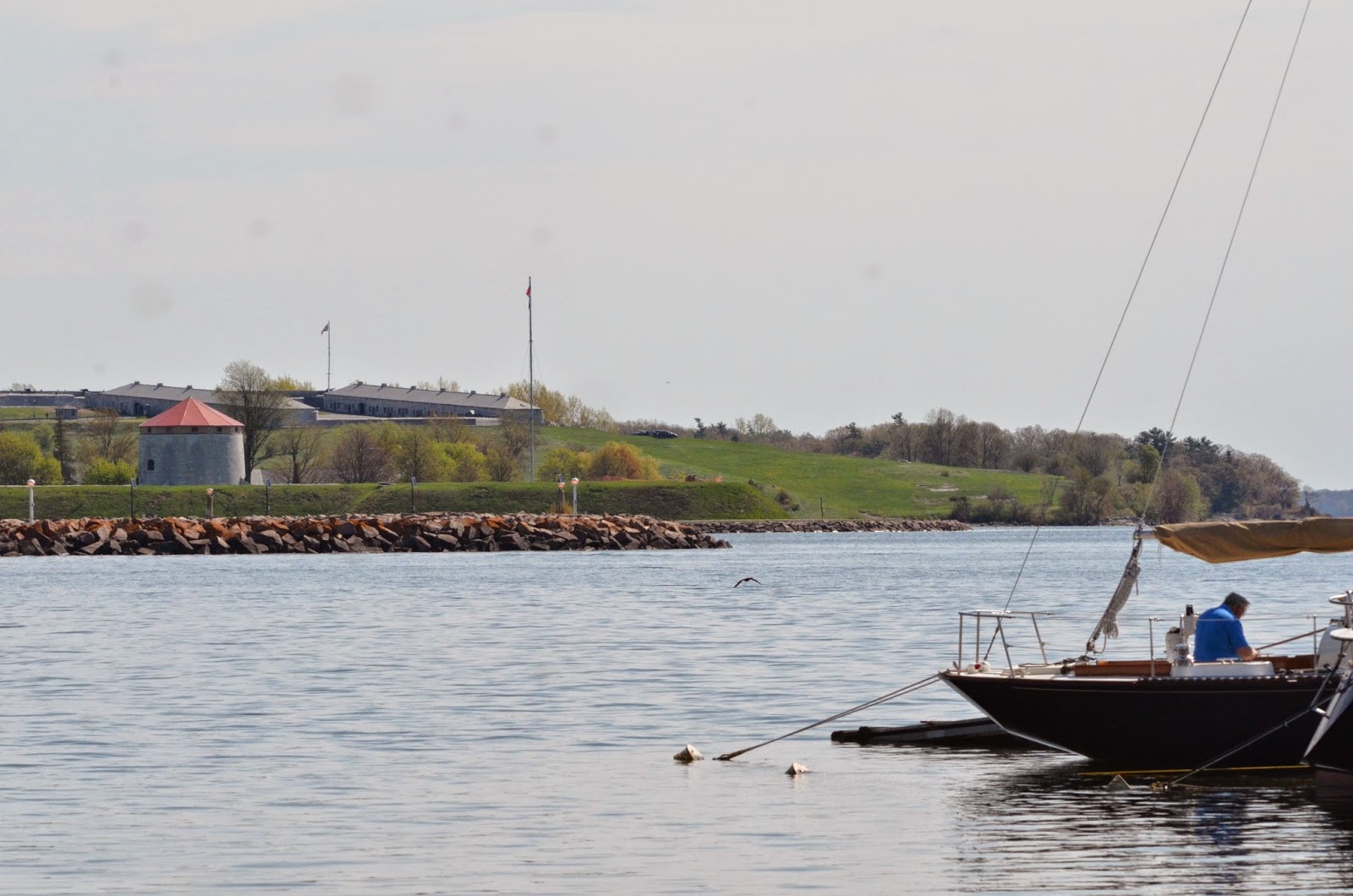Wednesday, December 31, 2014
Sunday, December 28, 2014
Saturday, December 13, 2014
A Time to Begin and a Time to Plan.
We’ve found that there are those that begin without a plan.
We’ve also found those that understand they need a plan but require a guiding
hand to get the planning underway. We have also found those that have a completed
plan and the time to begin is ripe. In each case, time and effort is used and
the outcome from either planning or not planning is revealed.
When planning to engage an agency to support the business of
brand development or market outreach, scenarios unfold as follows:
Who is being invited
to take part in the bidding for the clients project?
Knowing who is being asked to come to the table to discuss a
project sets parameters about what the client is expecting from a collaborative
standpoint and the nature of the customer journey that will ensue. Specifically,
does the request include small design boutiques or large multi disciplinary firms?
Across the continuum of companies who offer their expertise, distinct capabilities
or strength and weakness become obvious. Often we find requests sent for bids go
out in blanket form with not so much attention to tailoring the specific
requirements to vendors who have the best tuned solutions to deliver on the
request. This is obvious when organizations place freelancers next to
multi-disciplinary enterprise. Clearly a price gap will make those operating
with far less overhead more competitive. Those
who are doing the buying know in advance the lowest bid has the highest
probability of securing the engagement. The time and resources spent chasing
this situation in most cases will be written off from the larger enterprise
that elects to pursue the business.
What is the
requirement regarding design?
The challenge here is: design has been elevated as part of
the lexicon among management and has found a coveted place within the executive
suite driving innovation. In other cases, design has become a loose term for what
is the general flow of noise that is ubiquitous in people's lives today. For
those who have the task of planning a request for design capabilities and want
to see specific value from those who offer such talent, priority on the definition
of what is meant by design is crucial. Moreover, to support the bidding and to
ensure an alignment is achieved and understood.
A large gap exists today due to the sheer noise within popular society. This situation presents a challenge to those in
the design profession. Those that see design as ornate application or visual
composition and interesting colour combinations, bring a vastly different set of
criteria for their organization needs compared to the client that understands design
literacy and the integral role design is performing as a construct embedded within
their organization's culture.
Within the industry, we have tuned up over the years and we bring expertise
to our clients based on the aggregate of the many client journeys we’ve enjoyed.
Does the notion of asking the bidders to give away their design
thinking ideas cross some moral line and take the client organization into the
realm of ethical issues?
I find that we need to be very agile in the industry and
adapt quickly to understanding our client, organizations. For those agencies who
have had the benefit of long-term anchor accounts clearly this is the basis for
a huge advantage that exists and that goes to the clients, bottom line as value.
Expressing empathy to the client within the context of the proposal is
essential for the client making an informed ruling about who to hire.
Design thinking that gives context to the value you offer
and puts forward in the proposal some modicum of excitement is
clearly a winning formula.
In order to demonstrate a grasp of the client's requirement, offering
an original idea or validating some current trends or strengths or weakness
based on an assessment of the client's goals and objectives, is a clear indicator
of how much passion exists for writing new business. Certainly this will appear
as a bonus for the client when bidding against others that simply template
their offer and bring little knowledge of the client's DNA or assessment of the
organizations, present and future state. Often prospective clients will offer a
small budget to make it worth delivering some
conceptual thinking. This cash outlay is a decent practice that generates a
greater willingness for bidders to share expertise.
The question that is raised, based on the three different
scenarios above, becomes important when contemplating how to effectively manage
and express communications for market outreach within an organization today.
This responsibility is not a simple task since the
organization is complex and is comprised of many factors not limited to a wide
range of personalities, leadership styles, governance rituals, experts in various
disciplines and politics.
The management of communications and investment ultimately
has to pass and get support through consideration to all these internal factors.
The person in charge of beginning must have the support of those
across the organization and demonstrate an acute ability to balance the range
of issues that emerge to get the job done. Moreover, planning goes to the core
of how precious dollars and investments are used and how dollars spent will go
directly to the bottom line toward creating a highly tuned campaign that has
impact.
A very simple challenge: Wait before throwing the
switch to the online universe on content that is not emblematic of your best
laid plans.
Make planning a priority.
Labels:
agency,
boutique,
brand,
campaign,
clients,
competitive,
design,
enterprise,
management,
organization,
planning,
politics
Friday, August 29, 2014
Monday, August 18, 2014
Travels and Photographs
 |
| Cape of Good Hope |
Vista from Township looking at Cape of Good Hope on Horizon
 |
| Table Mountain Cape Town |
 |
| Cape Town |
 |
| Camps Bay |
 |
| Hippopotamus |
 |
| Zebra |
 |
| Nishiyuu Walk Memory |
 |
| Fort Henry Kingston for Defense against the USA. Tecumseh the Shawnee saved Canada |
 |
| Head Water of the Rupert River at Lac Mistissini |
 |
| Miles taking footage of Eric |
 |
| Eric taking a selfie |
 |
| Eric armed and prepared for a bear incursion |
 |
| On the Chalifor |
 |
| Osprey hunting |
 |
| Main Duck Island |
 |
| Nemaska |
 |
| Marking on Rock Eastmain Generating Station |
 |
| Salmon Fishing Nass River |
 |
| Fox |
 |
| Nass River |
 |
| Pond |
 |
| Clayton Boat Museum |
 |
| A walk toward the Luskville Cave |
Tuesday, August 12, 2014
Nass Valley with the Nisga'a People
You know you’re in a special place when the people residing there pull over on the side of the road in their cars and randomly offer you fresh smoked salmon or take you onboard their boat to crab fish.
This is a small example of the extraordinary welcoming we
had in the Nisga’a ancestral lands in Northern British Columbia last week.
The Nisga’a people live within the Nass Valley, famous for
its lava flow, mountain ranges, fast flowing rivers and waterfalls. These natural wonders form the rich ecology that is a source of food for those who make the place their
home.
Lisims a Nisga’a word means breadbasket. Aptly used as a metaphor for how
the land from ancient time to present day is a source of an abundant variety
of food stocks which the Nisga’a people harvest for their needs and share with
those in each of the four communities* plus those on filmmaking expeditions.
We went to the Nass Valley to document the local point of
view using interviews and filmmaking capturing stories and opinion about Treaty
relations with Canada.
The Nisga’a for generations have defended their hunting
grounds from incursion by outsiders. In recent time the Nisga’a engaged the
Canadian judicial system to secure a treaty that protects their ancestral lands
outright today for their management and preservation for future Nisga'a generations.
*Gingolx:
Seafood Capital of the Nass, Gitwinksihlkw:
At Home on the Nass River, Laxgalts'ap:
Where River Meets Sea, Gitlaxt'aamiks:
Capital of the Nisga'a Nation
Labels:
Ancient traditions,
Drum,
Eagle,
Ecology,
Eruption,
Grizzly,
indigenous,
Lava,
Mountains,
Nass River,
Nass Valley,
Nisga'a,
Preservation,
Regalia,
Salmon
Friday, May 16, 2014
Dr. Anthony James Hall, interviewed on Algonquin ancestral land next to the Gatineau River
Conversation about North American Indigenous society. A primer on history and how Indigenous people are central to Canadian identity.
A link to a post about Anthony's book Earth into Property
A link to a post about Anthony's book Earth into Property
Friday, April 25, 2014
A Primer for Winning Outcomes Building Your Brand
I hope that this information provides you a basic primer for
building your Brand.
Clutter and poor management of organizational outreach and
communications results in a flow through within organizations that have not
grasped simple steps to achieving winning outcomes. The ease of production and
distribution gained by technology is a great enabler but hastily deploying
these modern day wonders may bring a downside to your hard earned reputation
when no system exists for governance of your message. Moreover, distributing a story
that is ineffective based on lack of design thinking, thinking that
authentically frames something unique about your organizations value proposition
or battle cry.
Counter measures against this scenario above to protect your
corporate identity in support of robust and meaningful outcomes are critical to
ensuring competitive advantage.
Investment in understanding brand is a core function today and
falls to the
Brand Manager. Thoughts on this are shared here among other
essential areas about brand leadership specific to winning outcomes.
What’s the essence
of your brand?
Subscribe to:
Comments (Atom)














